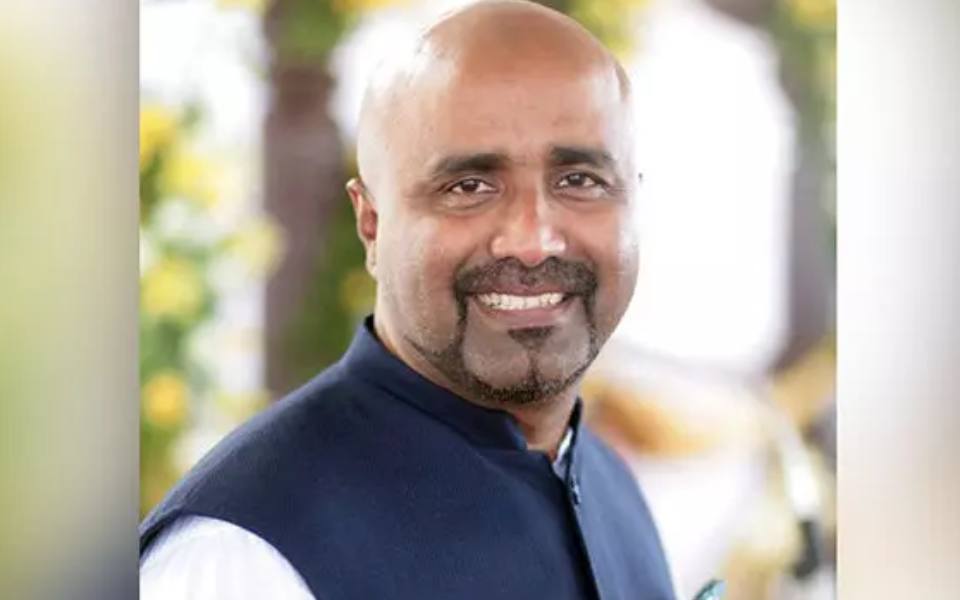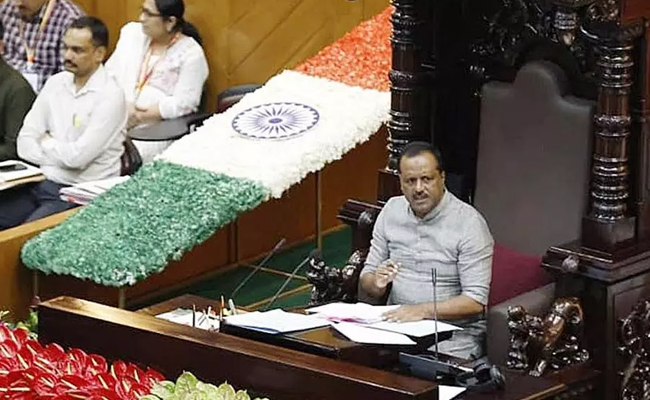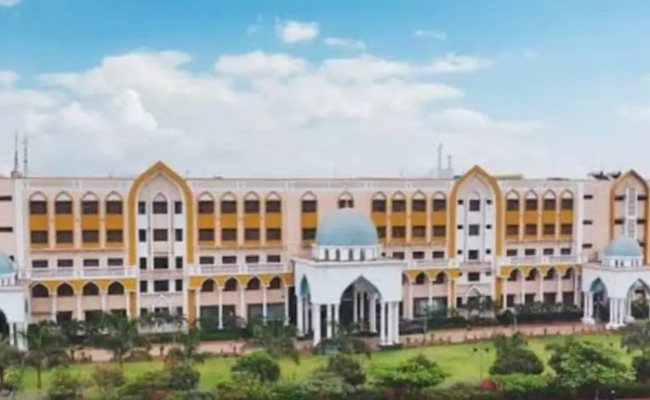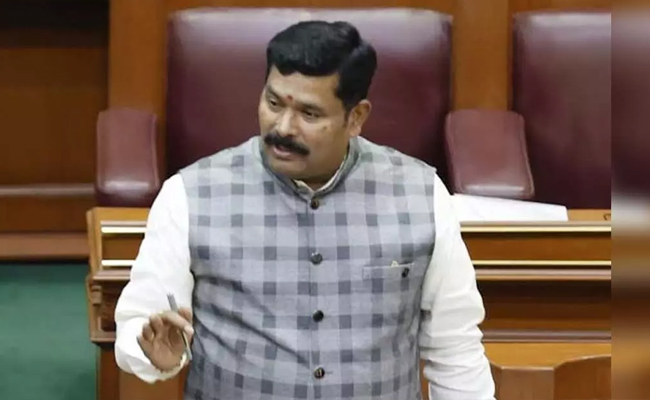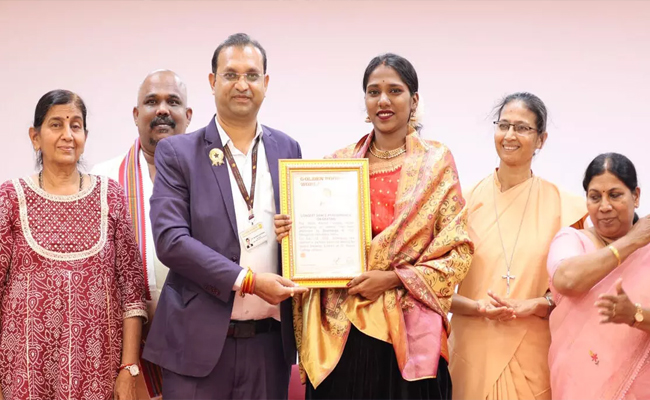The Government of Karnataka has nominated Dr. UT Iftikhar Ali for the third time as a Syndicate Member of Rajiv Gandhi University of Health Sciences (RGUHS), Bangalore. Dr. Iftikhar Ali, is also a professor at Shetty College of Physiotherapy in Mangaluru.
Dr. Iftikhar Ali has previously served as an Academic Council Member, Board of Studies Member, and Senate Member of RGUHS. Additionally, he serves as the Working President of Karnataka State Physiotherapy Federation.
Dr. Iftikhar Ali, an alumnus of Dr. MV Shetty College, holds a BPT degree from Mangalore University and an MPT degree from RGUHS. He further pursued his Ph.D. from Guru Nanak Dev University, Amritsar.
As the son of the late Ullal MLA UT Farid and the brother of State Legislative Assembly Speaker UT Khader, Dr. Iftikhar Ali has extended his contributions to several other areas including health, education, and social service.
Let the Truth be known. If you read VB and like VB, please be a VB Supporter and Help us deliver the Truth to one and all.
Belagavi: Speaker U.T. Khader on Friday warned that members who disrupt Assembly proceedings by talking in their seats during debates will be made to sit in the House for an entire day as a disciplinary measure.
The warning came after the Question Hour, when Deputy Leader of the Opposition Arvind Bellad was permitted to initiate a discussion on the development of North Karnataka.
At this point, expelled BJP MLA Basanagouda Patil Yatnal objected, stating that he had been seeking a debate for the past three days but had not been given an opportunity.
ALSO READ: IndiGo board ropes in external aviation expert for flight disruption probe
Responding to the objection, Speaker Khader said Bellad had already been granted permission and assured Yatnal that he would be allowed to speak at the next opportunity. He noted that even as a serious discussion was underway, several MLAs were speaking among themselves with their microphones on, disrupting the proceedings.
Expressing displeasure over the conduct of members, Khader likened the situation to football, where players receive red, yellow, or white cards for violations. Similarly, he said, the Assembly issues warning cards to members who disturb the House. If they fail to correct themselves despite repeated warnings, they would be required to remain seated in the Assembly hall for a full day as punishment, he stated.

